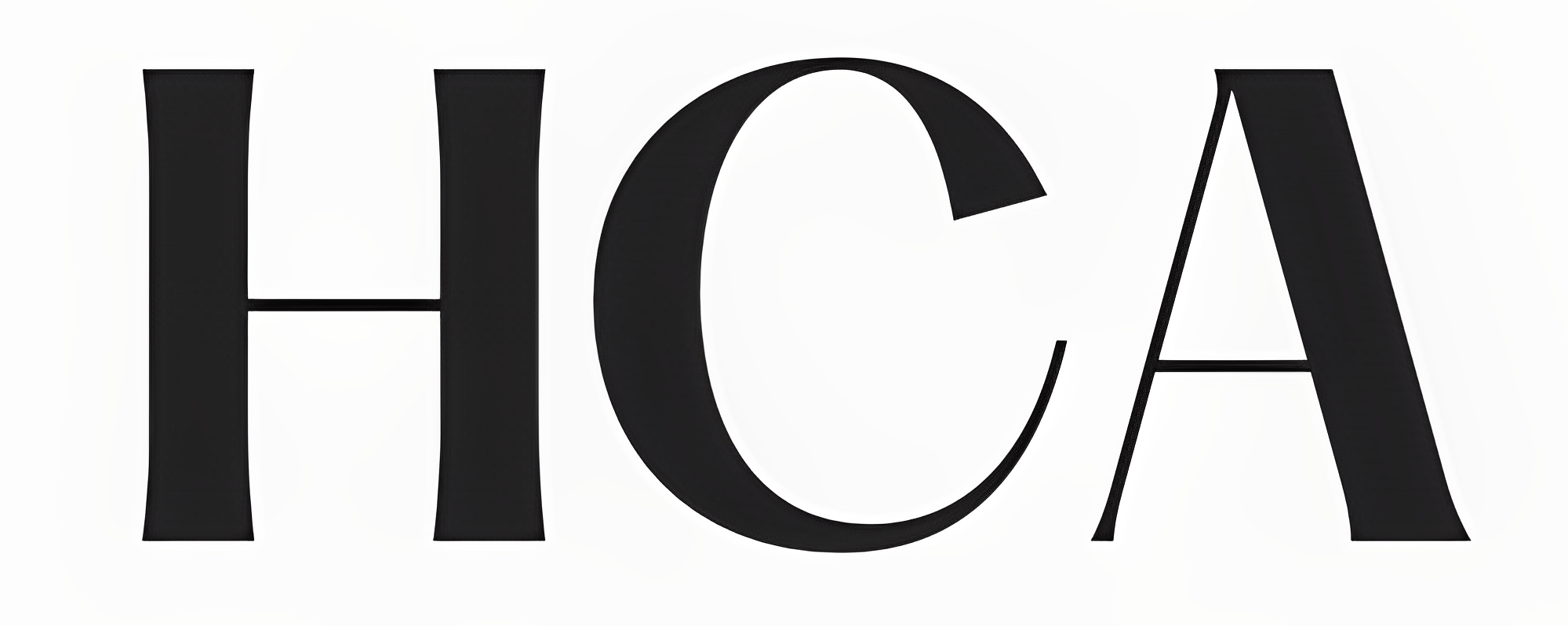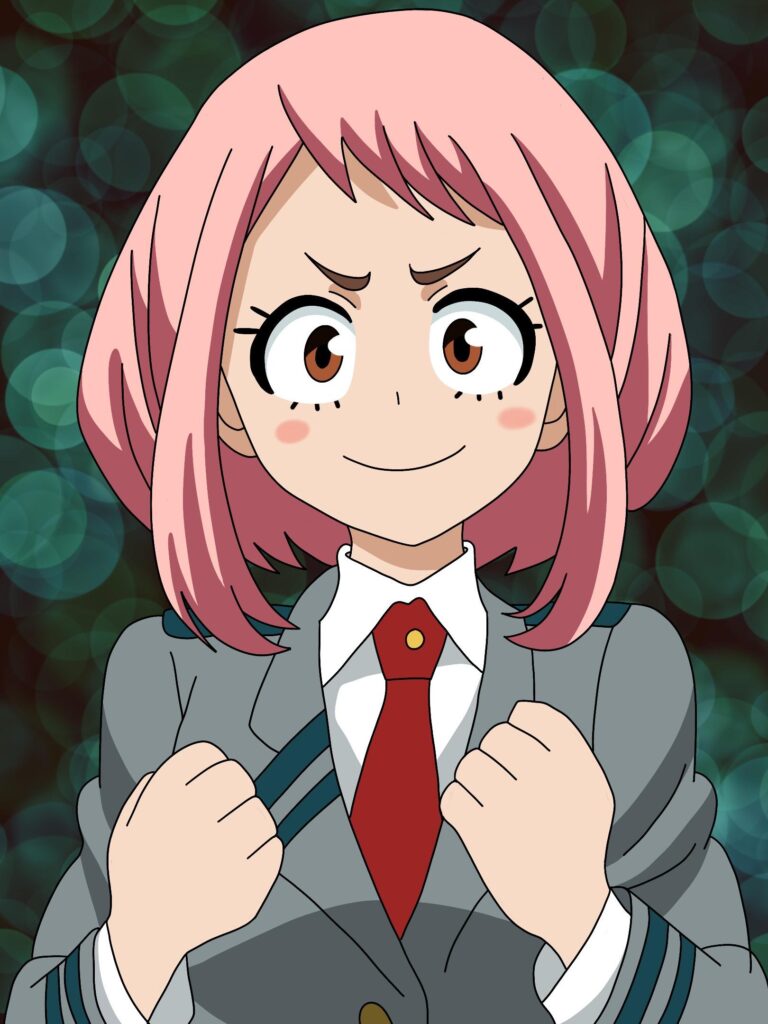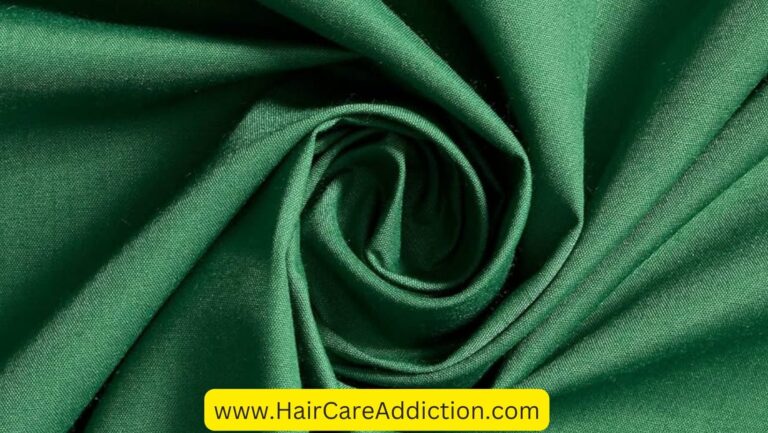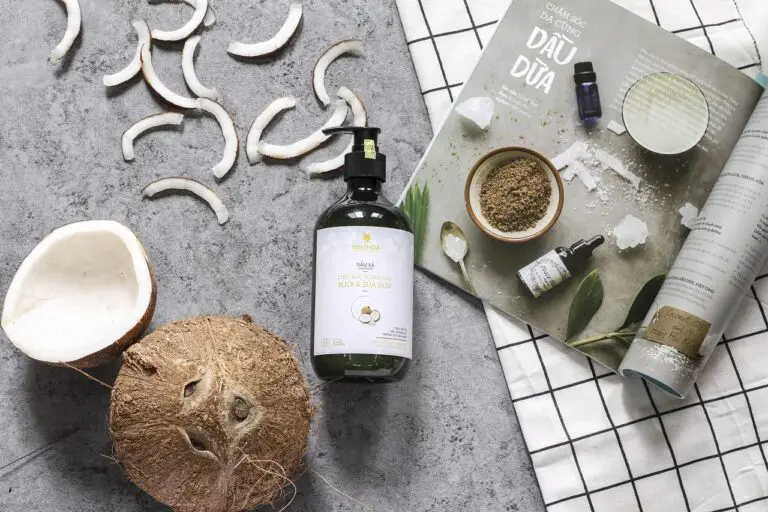Scalp Itching After Eating Sugar: What You Need to Know
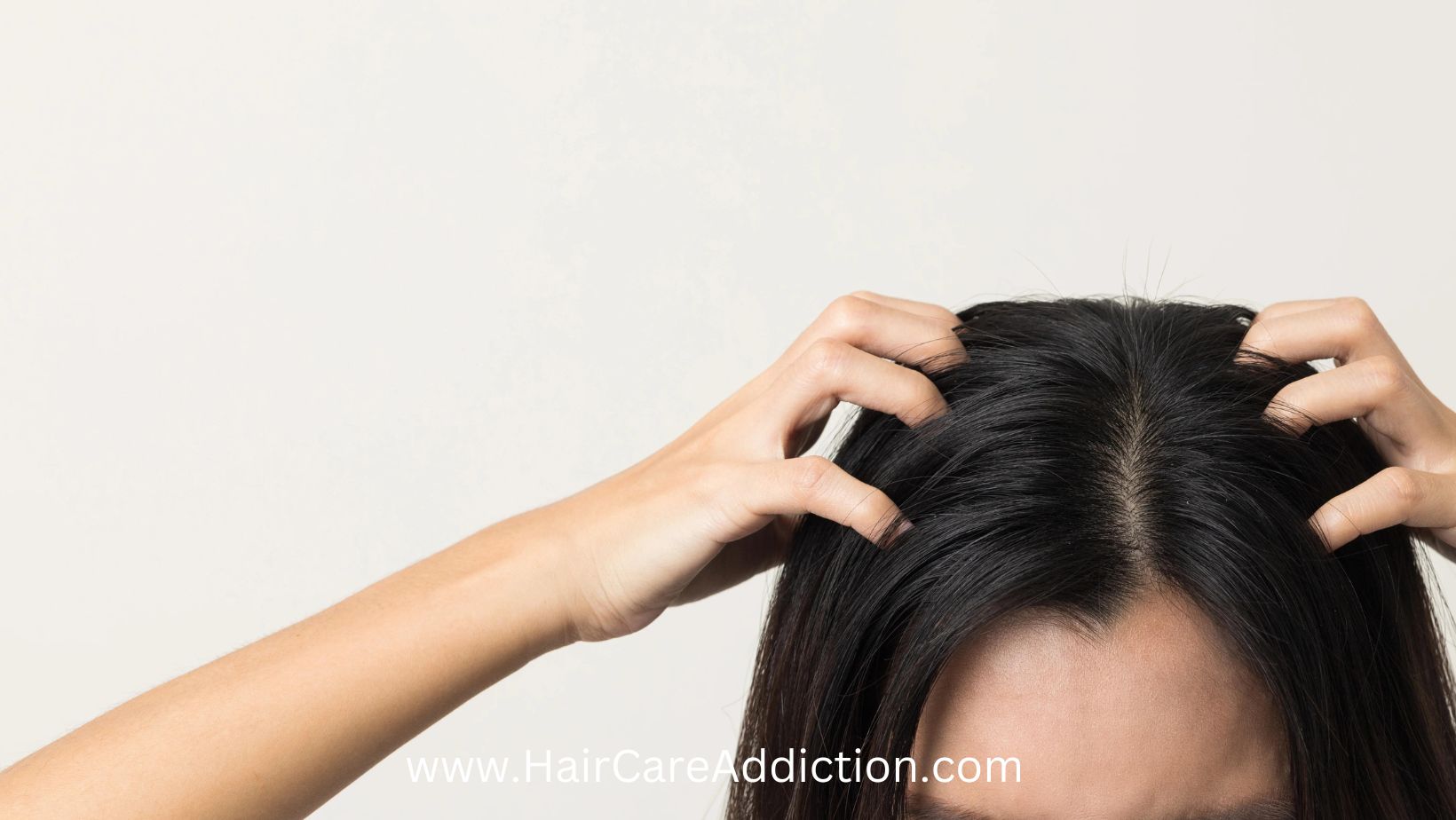
If you’ve ever experienced scalp itching after eating sugar, you might be wondering if there’s a link.
Is sugar causing itching on your scalp? And, if so, how can you avoid it?
This blog post will look at the possible causes of scalp itching after eating sugar, as well as what you can do to alleviate it.
How does sugar cause scalp itching?
Sugar can cause scalp itching in a variety of ways, either directly or indirectly. Here are a few of the most common:
- Sugar encourages yeast growth. Yeast is a fungus that lives naturally on your skin, including your scalp. It feeds on sugar, so a high-sugar diet can aggravate your scalp yeast problem. Yeast can inflame the scalp, causing itching, flaking, and dandruff.
- Inflammation is caused by sugar. Sugar is a pro-inflammatory food, which means it causes an immune response in your body, which can lead to inflammation. Inflammation can harm your hair follicles, which are the tiny structures on your scalp that produce hair. Damaged hair follicles can result in scalp itching, hair loss, and thinning.
- Sugar has an effect on your blood sugar levels. Sugar can cause blood sugar spikes and drops, which can affect your hormones and nerves. Hormonal imbalances can cause scalp itching, particularly in women suffering from polycystic ovary syndrome (PCOS) or menopause. Diabetic neuropathy is a condition that affects diabetics and causes tingling, burning, or itching sensations on the skin as a result of nerve damage.
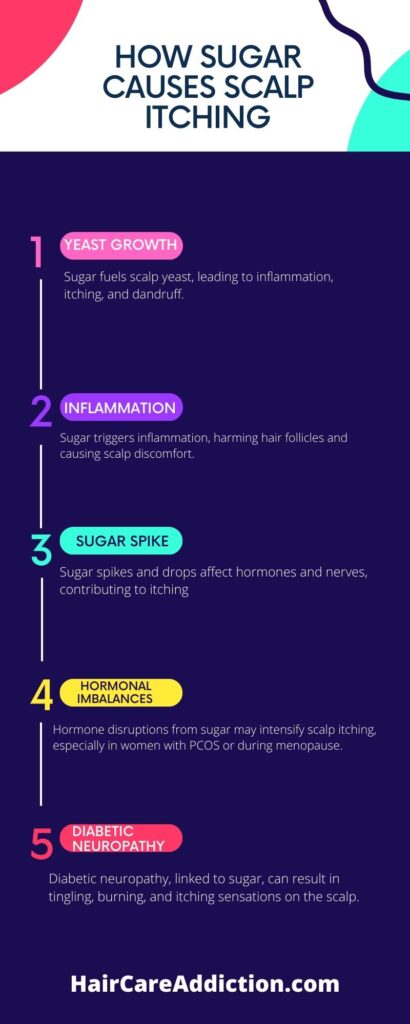
How can you prevent scalp itching after eating sugar?
Limiting your sugar intake is the best way to avoid scalp itching after eating sugar.
Sugar is not only bad for your hair, but it is also bad for your overall health.
Sugar has been linked to an increased risk of obesity, diabetes, heart disease, and other chronic diseases.
To reduce your sugar intake, avoid sugary foods and drinks such as sodas, candies, cakes, cookies, pastries, ice cream, and fruit juices.
You should also carefully read nutrition labels to look for hidden sugar sources such as corn syrup, honey, agave nectar, molasses, and other sweeteners.
Instead of sugary foods and drinks, choose healthier options such as fresh fruits and vegetables, nuts, seeds, whole grains, lean proteins, and water.
These foods will provide you with essential nutrients and fiber, which will aid in the regulation of your blood sugar levels and the health of your scalp.
How can you treat scalp itching after eating sugar?
If you already have scalp itching after eating sugar, you can relieve it by doing the following:
Wash your hair on a regular basis
Using a gentle shampoo to wash your hair can help remove excess oil, dirt, and yeast from your scalp. This can help to alleviate inflammation and itching.
However, you should avoid washing your hair too frequently or using harsh shampoos, which can dry out your scalp and cause irritation.
Make use of a medicated shampoo
If you have severe scalp itching or dandruff caused by yeast overgrowth, you should use a medicated shampoo that contains antifungal ingredients like ketoconazole or zinc pyrithione.
These shampoos can aid in the killing of yeast and restoring the balance of your scalp flora. Read the label and consult your doctor before using any medicated shampoo.
Apply a moisturizer or oil to your skin
If your scalp is dry or irritated due to inflammation or nerve damage, you may benefit from applying a moisturizer or oil to it.
This can help to hydrate and soothe your scalp skin, as well as relieve itching.
Natural moisturizers or oils with anti-inflammatory properties, such as coconut oil, olive oil, jojoba oil, or aloe vera gel, can be used.
Use an antihistamine or anti-inflammatory medication to relieve your symptoms.
If your scalp itching is severe or persistent and does not respond to other treatments, you may need to take an antihistamine or anti-inflammatory medication orally to reduce the itch sensation and inflammation.
You should, however, only take these medications as prescribed by your doctor and be aware of any potential side effects.
Read Also: Why Scalp Itch When Taking Spicy Food?
Conclusion
Itching on the scalp after eating sugar is a common occurrence. It can be caused by a variety of sugar-related factors, including yeast overgrowth, inflammation, hormonal imbalances, or nerve damage.
To avoid scalp itching after eating sugar, limit your sugar intake and eat a balanced diet that promotes scalp health. To treat scalp itching caused by sugar, wash your hair on a regular basis, use a medicated shampoo if necessary, apply a moisturizer or oil, and take an antihistamine or anti-inflammatory medication as needed.
